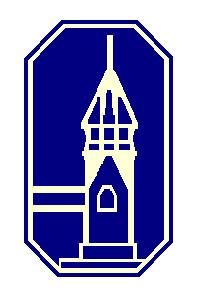English
Reading:
In God's image, we strive and shine: with happy hearts and inspired minds.
We flourish as readers, becoming fluent and efficient readers; successfully comprehending a wide range of texts.
We believe that better comprehension and fluency give rise to wider vocabulary across both fiction and non-fiction texts. The ability to develop reading in all areas of the curriculum supports the children’s knowledge acquisition too.
Children read for pleasure both at home and school; they are exposed to diverse and rich texts and a variety of authors, in order to help them develop culturally, emotionally, intellectually, socially and spiritually. We recognise the importance of our parents and our local community in supporting children to develop both word reading and comprehension skills, and so we encourage our parents to listen to their children read; our lunchtime staff share stories and hear our children read too and our PTA help us to raise the profile of reading through regular well-attended events.
By the end of their time at Ropsley Primary School, we believe that all of our children should be able to read fluently, joyfully, with confidence and have developed a life-long love of reading.
Writing:
In God's image, we strive and shine: with happy hearts and inspired minds.
We flourish as writers; encouraging children to develop and improve taught skills, and embed these in all areas of the curriculum.
Teachers use a variety of resources to inspire writing: fiction and non-fiction texts; poetry; pictures; videos; live author lessons, and music.
Writing is scaffolded thus ensuring children are competent and confident in their use of handwriting, spelling, punctuation and grammar. Children are taught how to edit their own, and indeed their peers’, work; ensuring an awareness of different audiences and purposes for writing.
Children are proud of the life-long skills they develop in writing.
We plan our writing using a spiral curriculum which means children are introduced to new concepts and then that concept is reinforced and solidified each time the children meet it again. In this manner, concepts are moved from simple to more complex understanding.
